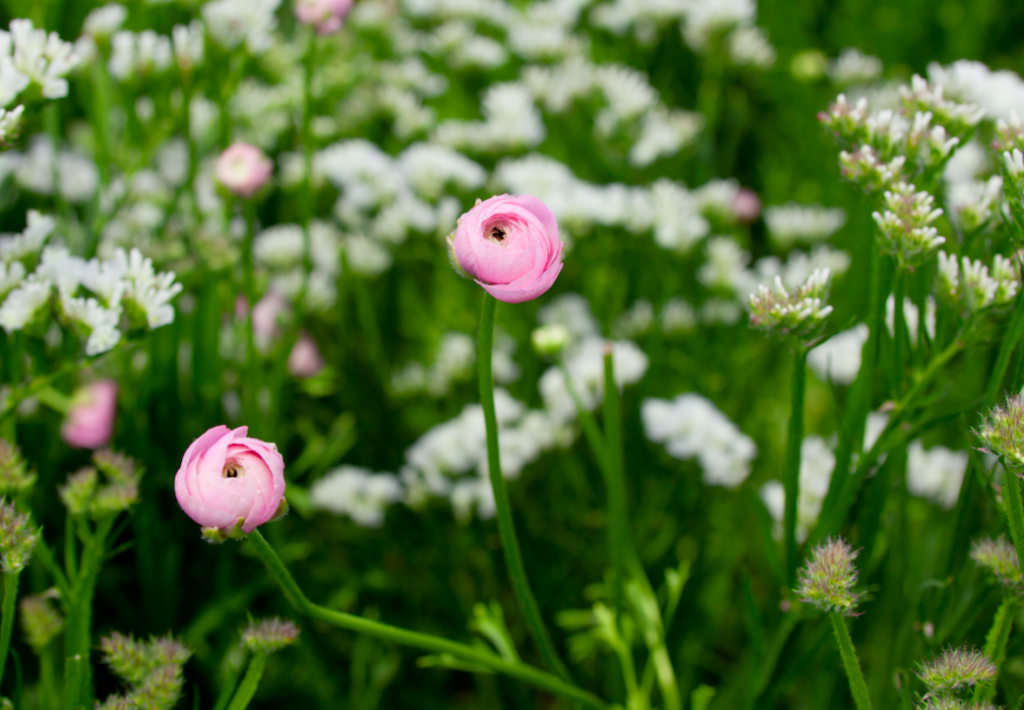A webinar on Wednesday 6 April 2022 will be looking at the trading opportunities with Turkey’s ornamental horticulture. FloraCulture International (FCI) and Ornamental Plants and Products Exporters Union (Turkish Flowers) invite ornamentals growers, buyers and traders from around the world to take a look at Turkish plants and products.
According to the Turkish Ornamental Plants and Products Exporters Association, Turkey’s flower industry is in great health, rapidly growing its production, exports and horticulturally skilled workers.
Challenges
There will be four presenters for the ‘What to import and how to procure flowers and plants from Turkey’ webinar. The presenters will illuminate the opportunities and challenges in this country’s market.
The free webinar starts at 3pm. Umut Sakarya of Turkish Flowers will present an overview of the Turkish market, providing stats on production areas, the geographic concentration of production, the number of growers and product volumes available, revealing some unknown characteristics of Turkish flowers and plants.

Azzam Shaffi, International Account Manager at Royal FloraHolland will talk about the gateway to Europe for Turkish flowers and plants. Tahsin de Buck Kaya, a seasoned exporter and importer of Turkish flowers and plants and David Bek, Reader in Sustainable Economies based at the Research Centre for Business in Society at Coventry University (UK) will also give presentations.
5,248 hectares
Ornamental Plants & Products Exporters association was founded in 1999 to support its 500+ Turkish ornamental plants sector members. The Turkish flower industry utilises 5,248 hectares in production and exports indoor and outdoor plants, cuttings, cut flowers, wreaths and mosses to 79 countries worldwide, including the Netherlands, Uzbekistan, the UK, Germany and Azerbaijan.
Around 55 per cent of this area is used to raise nursery stock outdoor and indoor plants, with the rest made up of 35 per cent of cut flowers and ten young plants, seeds and flower bulbs.
The market has diversified. Before growers sold their plants to local municipalities, the public authorities have less money to spend, and efforts are better employed in developing the huge potential in export markets.










Your article helped me a lot, is there any more related content? Thanks!
I don’t think the title of your article matches the content lol. Just kidding, mainly because I had some doubts after reading the article.